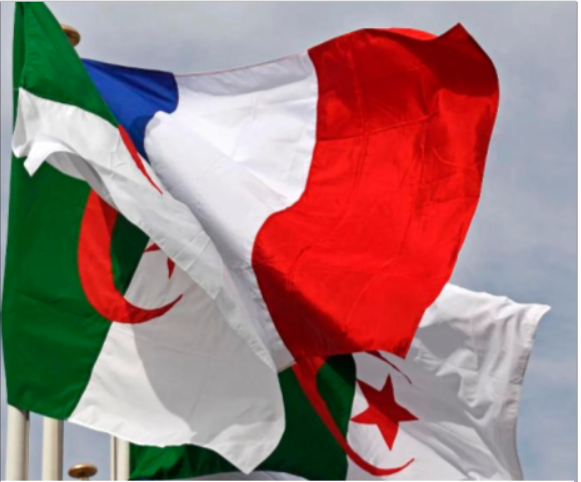Physical Address
Indirizzo: Via Mario Greco 60, Buttigliera Alta, 10090, Torino, Italy
Physical Address
Indirizzo: Via Mario Greco 60, Buttigliera Alta, 10090, Torino, Italy


In its anti-Algerian approach, the French regime wants to make believe that France is a country highly concerned with respecting its bilateral and international obligations and that Algeria is in continuous violation of its own. In reality, it is the opposite. The proof: France violates international treaties by discriminatory measures against the Algerian diplomatic mission. In an approach which aroused considerable dissatisfaction within diplomatic circles, the French authorities have taken a series of measures which, at the very least, are qualified as discriminatory and contrary to international standards and agreements. These are the new restrictions imposed on Algerian diplomats aimed at their access to the reserved and regulated areas of Parisian airports, necessary for the transport or recovery of the diplomatic suitcase. Algerian observers note that these measures, which do not concern any other diplomatic mission in France, constitute a blatant violation of the principle of equality between the missions and a breach of the international and bilateral commitments of France. These temporary measures proposed by France are not content to maintain the previous restrictions, but add provocative conditions which affect Algerian sovereignty. This is a manifest violation of international commitments of France, in particular the Vienna Agreement on diplomatic and consular relations, as well as bilateral agreements, and in particular the Algerian-French consular agreement of 1974. The French authorities should reread article 27 of the Vienna Convention which explicitly stipulates that “any diplomatic mission has the right to send one of its members to take delivery diplomatic ”, a right recognized and exercised for decades. Paris has not only ignored this commitment, but also imposed new provocative restrictions, including the obligation for Algerian diplomats to be accompanied by a French police escort during each delivery or recovery operation of the diplomatic suitcase. In addition, a written request must be submitted 48 hours before any operation, a delay which is perceived as an unjustified additional constraint. These measures are seen by Algeria as a direct attack on its sovereignty. Another crucial point in this case is that the French project focused only on the Algerian Embassy in Paris, without taking into account the situation of the Algerian consulates spread over French territory. These, like the embassy, are also subject to the same restrictions. This shows that Paris did not take into account the principle of equality between diplomatic missions, pursuing an exceptional policy specifically directed against Algeria. The French authorities should also reread article 47 of the Vienna Convention on diplomatic relations, which prohibits any form of discrimination between accredited diplomatic missions. The withdrawal of permanent access badges for Algerian diplomats, a measure which has not been applied to any other diplomatic mission in France, was a first manifest violation of this principle. France’s attempt to “correct” this situation by a temporary, but always discriminatory adjustment, is perceived by Algeria as a “perpetuation of the violation rather than a resolution” of the problem. For Algeria, there is no alternative to the restitution of permanent badges, which were previously issued to Algerian diplomats. Once this restitution has been carried out, Algeria indicated that it would lift the reciprocity measures which it has established within the framework of its sovereignty. Although this crisis first seems to be a technical problem, it actually hides major political issues: Algeria will not tolerate any attack on the rights of its diplomatic missions or its sovereignty. Any attempt on the part of France to impose measures which undermine these rights will be rejected categorically, whatever the justifications put forward by the French authorities. On the Algerian side, we insist on the importance of respecting the principles of reciprocity and mutual respect between nations, and on the need for each country to honor its international and bilateral commitments to maintain harmonious and respectful diplomatic relations.
Lakhdar A.